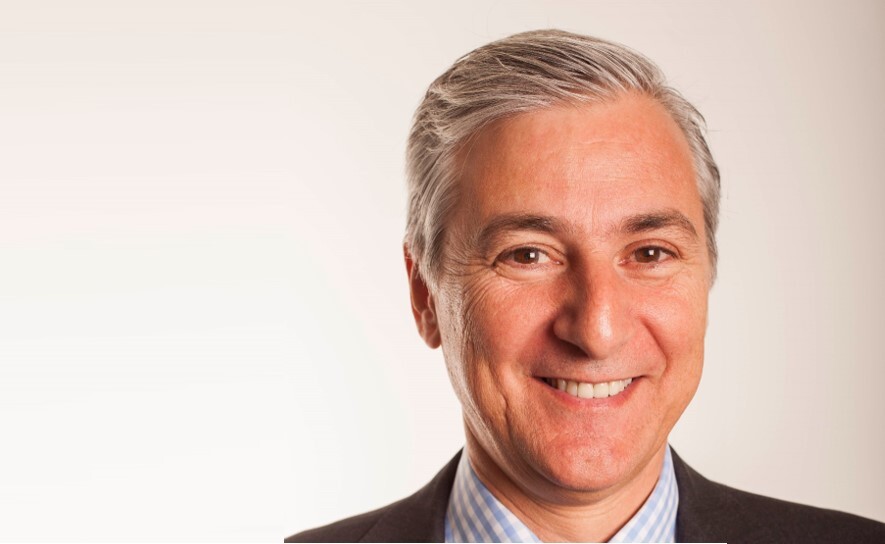
Our latest research reveals that while non-financial risks are on clients’ minds, many continue to neither address them head on nor take formal steps to mitigate them.
Since the last Four Pillars of Capital report (Four Pillars of Capital: The Next Chapter, Stonehage Fleming, 2018), there has been a 14% increase in families discussing risk as a group. Although this is positive, the same percentage tells us they do not have a formal process for ascertaining and managing risks. And in total, 40% have neither a structured nor an informal process in place.
18% of people have a formal process for identifying and mitigating risk, but of the 82% who do not, only 27% say they would likely take steps to establish one as a result of the Covid pandemic.
It raises the question: what would it take to persuade people that a formal risk management process is a vital tool in preserving family wealth through the generations?
The statistics indicate that while there is a real appetite to discuss risks to family wealth, the range of discussion remains too narrow. The Covid crisis has prompted discussion around financial risk, but families – to a greater or lesser extent – are disregarding the wider, potentially more destructive non-financial risks. Furthermore, the fact that financial risk is prioritised over other risks could indicate that those responsible for financial capital continue to dominate proceedings, raising questions about leadership.
For a matrix-based risk management framework to be fit for purpose it should consider the risks associated with all four pillars of capital – intellectual, social cultural and financial. This research shows us that non-financial risks are at least on clients’ minds, if not yet being managed formally. The fact that respondents rate family disputes and leadership to be the first and second largest risks to long-term family wealth is a positive sign.
Family disputes
Since our 2018 survey, family disputes have maintained their position as the number one perceived risk to long-term wealth. Experience leads us to agree. Negative energy corrupts communication, lawyers are called and values are depleted or extinguished.
Nevertheless, it is difficult to think of a family we work with whose wealth has endured over three or more generations which has not survived a serious dispute. The reason is they have managed rather than ignored the risk.
A formal risk management and decision-making framework acknowledges that disputes happen and helps to head off problems before they arise. Agreeing a shared purpose, supported by strong governance, is the first step.
Written constitutions can include contingencies to cover, say, the possibility that a family member doesn’t want to take on a role earmarked for them within a business. Families can be claustrophobic; people don’t always feel like they fit in. By giving them breathing space to explore their own ambitions, though, issues that could lead to a dispute may be avoided.
Leadership
Fragile leadership is another non-financial risk on peoples’ minds. Since our last Four Pillars report, ‘lack of future family leadership and direction’ has jumped from fourth to the second perceived risk to long-term family wealth.
Perhaps this should come as no surprise given the changing cultural landscape. 20 years ago, it wouldn’t have occurred to people to question their family’s leadership – even if they felt things were poorly managed. Today, as a society, we are more inclined to talk openly and express our desires for change.
Practical experience tells us that some are often perceived to be more instinctive than others about the non-financial aspects of family life. The recognition of the increasing importance of the non-financial pillars of capital will prompt families to move cultural, social and intellectual capital further up the agenda such that they consider a broader, team-led approach to leadership. Those families doing the most effective job of risk management have already recognised this.
Although we notice a trend towards families becoming increasingly democratic, 73% consider it no more likely they will adopt formal risk management process following the covid pandemic. Not only does this suggest that leadership models have further to evolve but it also further confirms that families are managing a significantly narrower risk set than they should be.
The process of review should be ongoing as new risks emerge all the time. For an organisation to assume they have all risks covered from year to year leaves any legacy vulnerable. The good news is there is a significant proportion of people ready to make that change and review their processes. The others require a bit more time and counsel around the broader risk landscape as it evolves. Both of which we are here to help with.
A key member of the leadership team for over 20 years, Ari Tatos is Managing Partner of Stonehage Fleming. He acts as a Key Adviser to several wealthy families and chairs family councils.
Find out more about Stonehage Fleming's Family Office
Find out more about Stonehage Fleming's Governance & Succession offering